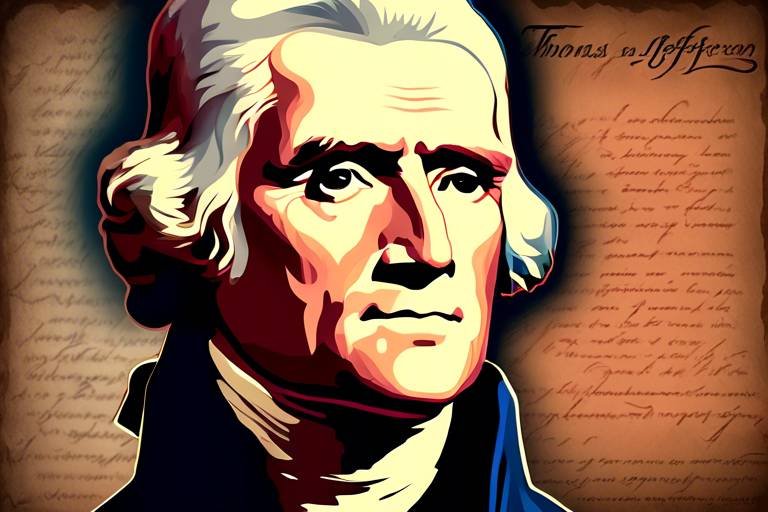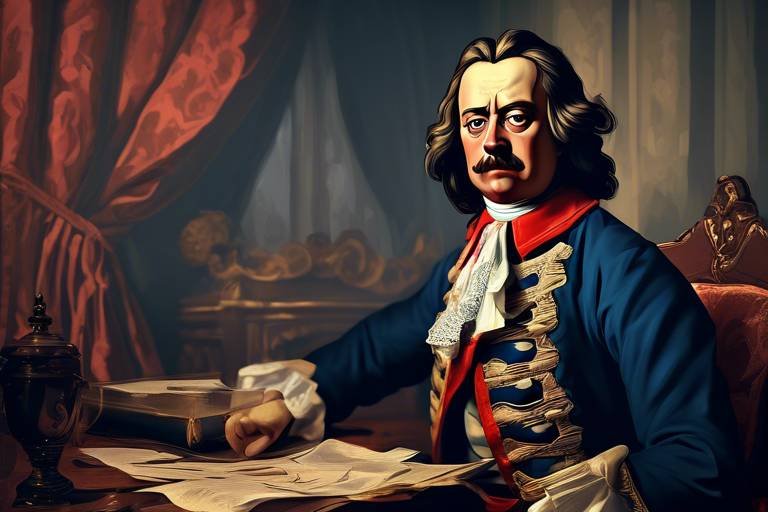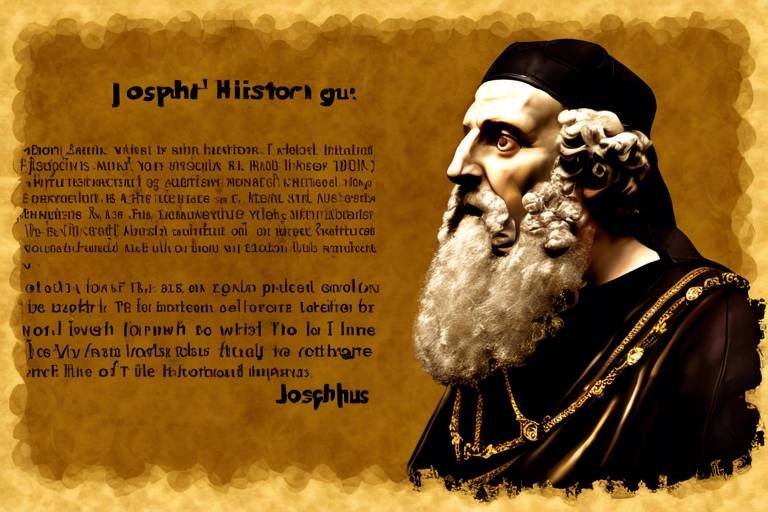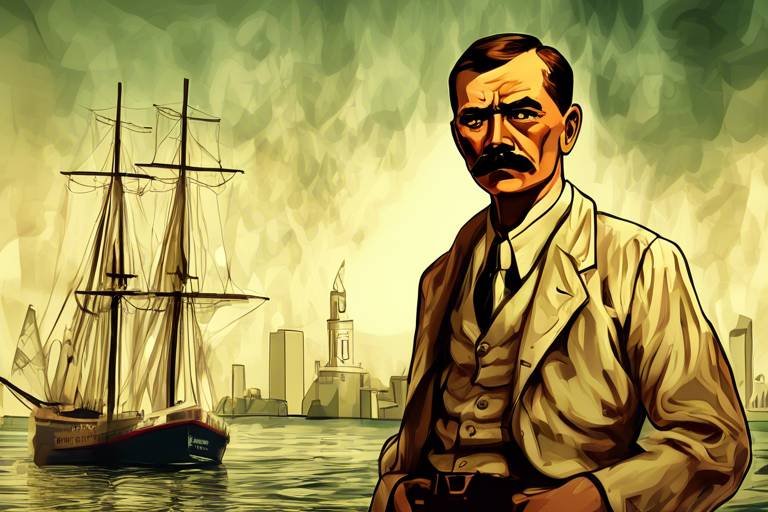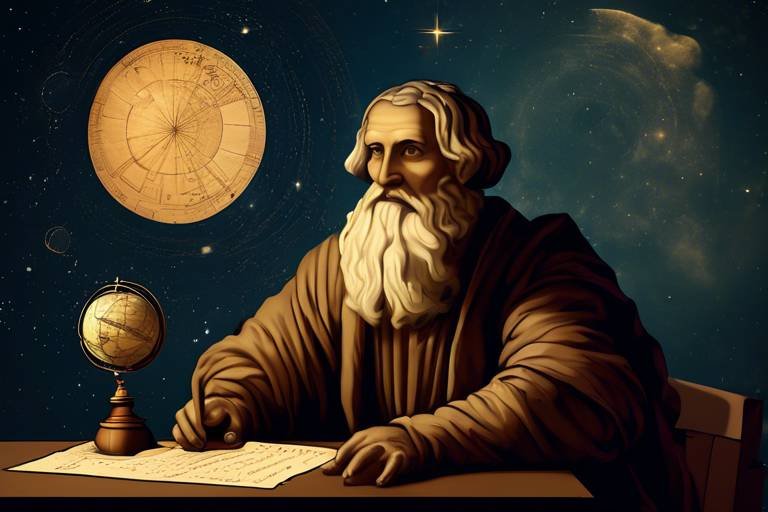Thomas Jefferson: Author of the Declaration of Independence
Thomas Jefferson, a name synonymous with the birth of American independence and democracy. His legacy as the primary author of the Declaration of Independence and the third President of the United States is etched in the annals of history with golden ink. Let's delve into the life and contributions of this remarkable figure who shaped the very foundation of a nation.
Thomas Jefferson was born on April 13, 1743, in Shadwell, Virginia. His upbringing in a wealthy family provided him with the opportunity for a quality education. Jefferson attended the College of William and Mary, where his intellectual curiosity and passion for learning flourished. These formative years played a crucial role in shaping his political beliefs and ideals, laying the groundwork for his future endeavors.
As tensions escalated between the American colonies and Great Britain, Jefferson emerged as a staunch advocate for independence. His eloquent writings, including the powerful words of the Declaration of Independence, galvanized the spirit of revolution. Jefferson's unwavering dedication to the cause of freedom and his visionary leadership were instrumental in the founding of a new nation.
Jefferson's pen wielded not just words but the aspirations of a nation yearning to break free from tyranny. The Declaration of Independence, crafted with precision and passion, articulated the fundamental principles of liberty, equality, and self-governance. Jefferson's eloquence and clarity of thought shine through in every word, igniting a spark that would set ablaze the flames of revolution.
Jefferson's political journey culminated in his presidency, where he implemented transformative policies that shaped the nation's future. His commitment to agrarianism, limited government, and individual rights defined his presidency and left an indelible mark on American politics.
One of the most significant acts of Jefferson's presidency was the Louisiana Purchase, doubling the size of the United States and paving the way for westward expansion. This bold move not only secured vast territories but also demonstrated Jefferson's strategic vision and commitment to national growth.
Thomas Jefferson's legacy reverberates through the corridors of power and the hearts of the people. His contributions to American politics, his unwavering belief in democracy, and his championing of individual rights continue to inspire generations. As a Founding Father, his influence on the nation's founding principles is immeasurable.
Jefferson's stature as a Founding Father stands tall, alongside other luminaries who shaped the destiny of a nation. His visionary ideals, enshrined in the Declaration of Independence, laid the groundwork for a nation built on the pillars of freedom and equality.
Despite his monumental contributions, Thomas Jefferson's legacy is not without its controversies. His ownership of slaves and complex views on race have sparked debate and criticism. Wrestling with the complexities of his legacy, Jefferson remains a figure of both admiration and scrutiny in American history.

Early Life and Education
Exploring the life and contributions of Thomas Jefferson, the primary author of the Declaration of Independence and the third President of the United States.
Thomas Jefferson was born on April 13, 1743, in Shadwell, Virginia. His early life was marked by privilege and education. Jefferson attended the College of William and Mary, where he studied law and philosophy. His education instilled in him a deep appreciation for knowledge and a commitment to intellectual pursuits. These formative years laid the foundation for his future political career.
Jefferson played a crucial role in the American Revolution, advocating for independence from British rule. His belief in the rights of individuals and the importance of self-governance fueled his passion for the revolutionary cause. Jefferson's eloquence and persuasive writing skills made him a key figure in the movement towards independence.
As the primary author of the Declaration of Independence, Jefferson articulated the fundamental principles of liberty, equality, and self-determination. His words continue to resonate as a beacon of freedom and democracy. Jefferson's drafting of the Declaration solidified his place in history as a champion of human rights.
Jefferson's political career saw him rise to the highest office in the land as the third President of the United States. During his presidency, he implemented policies that shaped the nation's future, including the Louisiana Purchase and the expansion of American territory.
One of Jefferson's most significant achievements was the Louisiana Purchase, which doubled the size of the United States and paved the way for westward expansion. This bold move solidified America's position as a growing and ambitious nation on the world stage.
Thomas Jefferson's legacy continues to influence American politics and society. As one of the Founding Fathers, his ideas on democracy, individual rights, and limited government have shaped the nation's identity. Despite controversies and criticisms, Jefferson's contributions to the founding principles of the United States remain enduring.
Jefferson's legacy is not without its controversies, particularly his ownership of slaves and his complex views on race. These aspects of his life have sparked debates about his moral character and the contradictions within his beliefs. However, his impact on American history cannot be denied, and his influence on the nation's development is profound.

Role in the American Revolution
Thomas Jefferson played a pivotal role in the American Revolution, contributing significantly to the fight for independence and the establishment of the United States as a sovereign nation. His unwavering dedication to the cause of liberty and his visionary ideas shaped the course of the revolution and laid the foundation for a new form of government based on democratic principles.
During the American Revolution, Jefferson fervently supported the idea of independence from British rule, advocating for the rights of the American colonies to govern themselves and determine their own destiny. As a member of the Continental Congress, he was instrumental in drafting the Declaration of Independence, a document that proclaimed the colonies' separation from Great Britain and articulated the fundamental principles of freedom, equality, and self-governance.
Jefferson's role in the revolution extended beyond his penmanship in drafting the Declaration. He also served as Governor of Virginia during the war, where he worked tirelessly to mobilize resources, support the military effort, and defend the state against British incursions. His leadership and strategic vision were crucial in sustaining the revolutionary cause and inspiring others to join the fight for independence.
As a passionate advocate for liberty and individual rights, Jefferson's contributions to the American Revolution reverberated far beyond the battlefield. His ideas on government, democracy, and the inherent rights of citizens shaped the ideological framework of the revolution and influenced the development of American political thought for generations to come.

Writing the Declaration
When it comes to the creation of the Declaration of Independence, Thomas Jefferson's name stands at the forefront, shining brightly as the primary author of this historic document. Picture this: a young Jefferson, fueled by passion and conviction, meticulously crafting each word with precision and purpose, laying the foundation for a new nation to emerge from the ashes of revolution.
Jefferson's pen danced across the parchment, weaving together the threads of liberty and self-governance, encapsulating the fervor of a nation yearning to break free from the shackles of oppression. His words were not mere ink on paper; they were a declaration of defiance, a proclamation of freedom that would echo through the annals of history.
As Jefferson penned the immortal words "We hold these truths to be self-evident, that all men are created equal," he ignited a spark that would ignite a revolution and inspire generations to come. The Declaration was more than just a document; it was a manifesto of hope, a beacon of light in a world shrouded in darkness.
With each stroke of his pen, Jefferson etched the principles of democracy and individual rights into the very fabric of American identity. The Declaration was not just a declaration of independence from British rule; it was a declaration of the inherent rights of all humanity, a bold statement that would reverberate across continents and centuries.
Jefferson's genius lay not only in his eloquence but also in his ability to distill complex ideas into simple, powerful truths. He understood that words have the power to shape the course of history, and he wielded that power with grace and wisdom.
In the end, the Declaration of Independence was not just a document; it was a testament to the indomitable spirit of a nation united in its quest for freedom. Jefferson's words were not just words; they were a call to arms, a rallying cry for all who believed in the inherent dignity and rights of mankind.
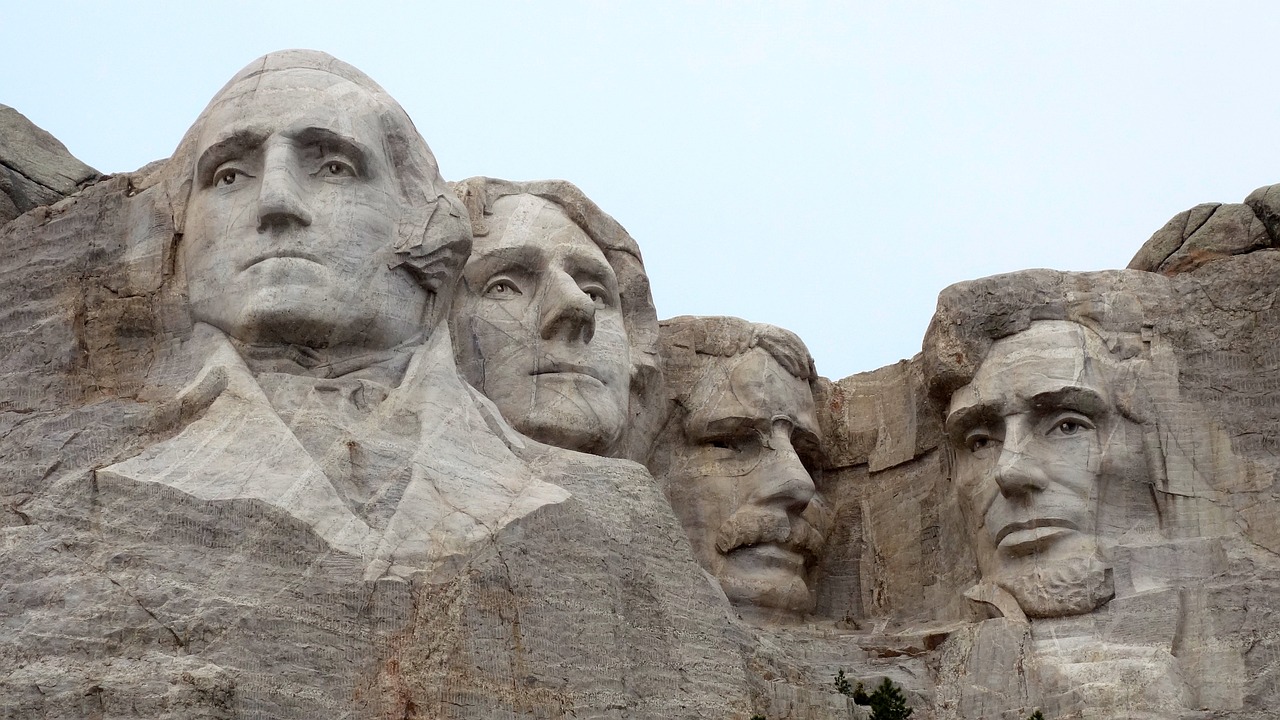
Political Career and Presidency
Thomas Jefferson's political career was as dynamic as it was impactful. Rising to prominence as the third President of the United States, Jefferson implemented several key policies that shaped the nation's future. His presidency was marked by a commitment to reducing the power of the federal government and promoting individual liberties. Jefferson's vision for America was one of agrarian democracy, where the common man could thrive without undue interference from the government.
During his time in office, Jefferson faced numerous challenges, both domestic and foreign. One of the most significant events of his presidency was the Louisiana Purchase in 1803. This monumental acquisition doubled the size of the United States, opening up vast new territories for exploration and settlement. Jefferson's bold decision to negotiate the purchase showcased his commitment to expanding the nation's borders and securing its future.
Jefferson's presidency was also marked by his efforts to reduce government spending and eliminate unnecessary bureaucracy. He believed in a limited government that respected the rights of the states and prioritized the well-being of the American people. Jefferson's policies on trade and agriculture aimed to strengthen the nation's economy and promote self-sufficiency among its citizens.
Despite his many accomplishments, Jefferson's presidency was not without controversy. His stance on slavery, while complex and contradictory, remains a point of criticism for many historians. Jefferson's ownership of slaves and his failure to fully address the issue during his time in office have cast a shadow over his legacy. However, his contributions to American politics and his enduring impact on the nation's founding principles cannot be denied.
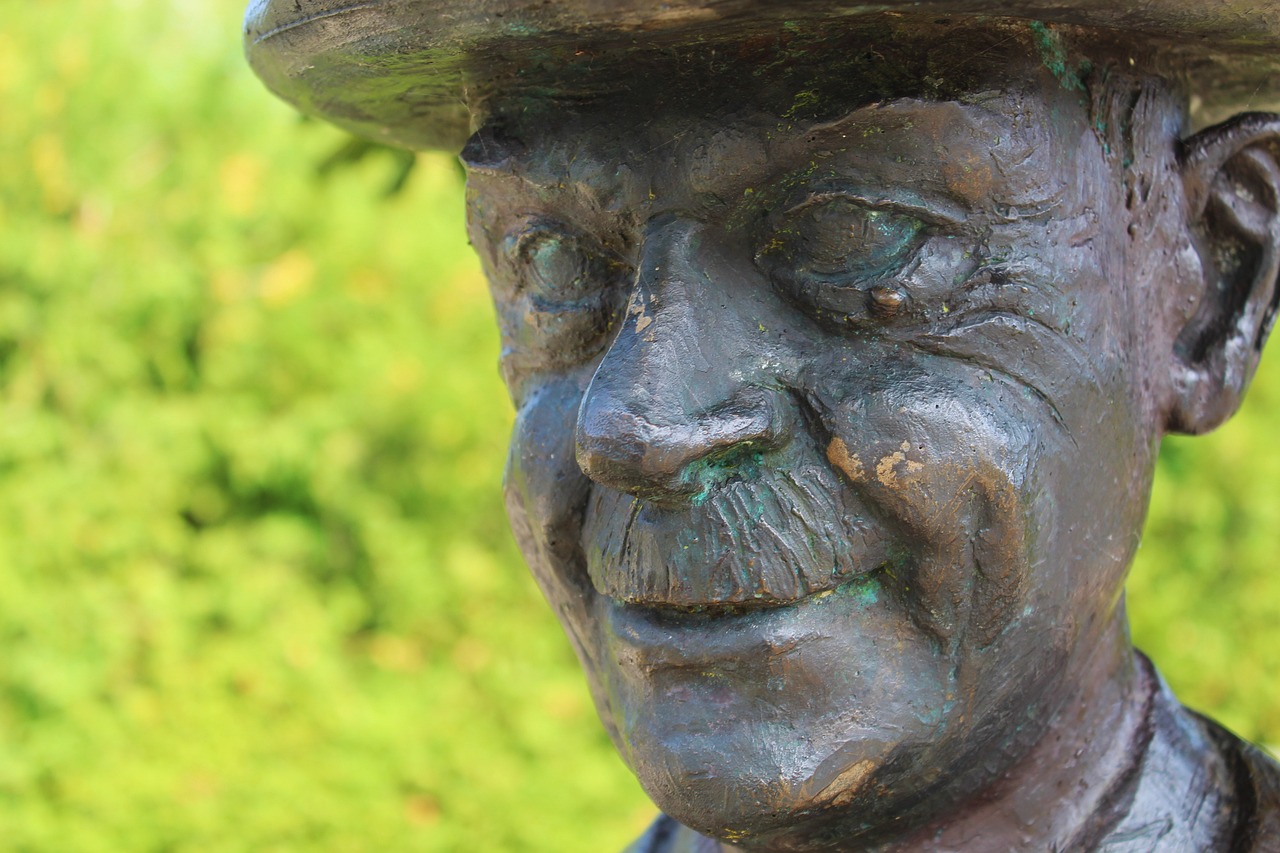
Louisiana Purchase
When it comes to pivotal moments in American history, the stands out as a monumental event that forever altered the landscape of the young nation. In 1803, President Thomas Jefferson made a bold and unprecedented move by acquiring the vast Louisiana Territory from France, doubling the size of the United States in one fell swoop.
The Louisiana Purchase was not just a simple real estate transaction; it was a strategic masterstroke that secured America's future and set the stage for westward expansion. With one stroke of a pen, Jefferson effectively doubled the size of the United States, opening up vast new opportunities for settlement, trade, and economic growth.
Imagine the sheer audacity and vision it took for Jefferson to pursue such a bold move. The Louisiana Purchase was a gamble, a leap of faith into the unknown, but one that ultimately paid off in ways that Jefferson could never have imagined. It was a daring move that solidified Jefferson's legacy as a visionary leader willing to take bold risks for the greater good of the nation.
By acquiring the Louisiana Territory, Jefferson not only expanded the borders of the United States but also secured vital access to the Mississippi River and the crucial port of New Orleans. This strategic move ensured the economic prosperity and security of the young nation, laying the foundation for future growth and development.
The Louisiana Purchase was a turning point in American history, marking the beginning of a new era of expansion and opportunity. It was a bold and visionary move that reshaped the nation and set the stage for the westward expansion that would define the American frontier for generations to come.

Legacy and Impact
Thomas Jefferson's legacy and impact on American history are profound and far-reaching. As one of the key figures in the founding of the United States, Jefferson's contributions have left an indelible mark on the nation's political landscape and ideals.
One of Jefferson's most significant legacies is his role as a champion of individual rights and democratic principles. His authorship of the Declaration of Independence, with its stirring words about the inalienable rights of life, liberty, and the pursuit of happiness, continues to inspire generations of Americans.
Jefferson's presidency also had a lasting impact on the nation. During his time in office, he oversaw the Louisiana Purchase, a monumental acquisition that doubled the size of the United States and paved the way for westward expansion. This bold move not only secured vital land for the young nation but also set a precedent for future territorial acquisitions.
Furthermore, Jefferson's vision of an agrarian society rooted in democracy and individual freedom has shaped American political thought for centuries. His advocacy for limited government, religious freedom, and education laid the groundwork for the nation's development and continues to influence political discourse to this day.
Despite his many accomplishments, Jefferson's legacy is not without controversy. His ownership of slaves and his complex views on race have sparked debates about his character and values. Critics point to his contradictory stance on slavery, where he championed freedom while also owning enslaved individuals, as a stain on his otherwise illustrious career.
However, it is undeniable that Thomas Jefferson's impact on American history is profound and multifaceted. His contributions as a Founding Father, author of the Declaration of Independence, and President have left an enduring legacy that continues to shape the nation's identity and values.

Founding Father Status
Thomas Jefferson's Founding Father status is undisputed, as he played a crucial role in shaping the foundation of the United States. Alongside other prominent figures like George Washington and Benjamin Franklin, Jefferson's contributions were instrumental in the birth of the nation. His visionary ideas and unwavering commitment to liberty and democracy solidified his position as one of the key architects of American independence.
Jefferson's influence extended beyond his role in drafting the Declaration of Independence. As a Founding Father, he actively participated in the creation of the Constitution and the establishment of the young nation's political framework. His advocacy for individual rights and limited government resonated deeply with the principles that underpin the American system of governance to this day.
Moreover, Jefferson's intellectual prowess and dedication to the ideals of the Enlightenment era set him apart as a leading figure among the Founding Fathers. His belief in the power of reason, education, and progress shaped his contributions to the formation of the United States, leaving a lasting impact on the nation's development and identity.
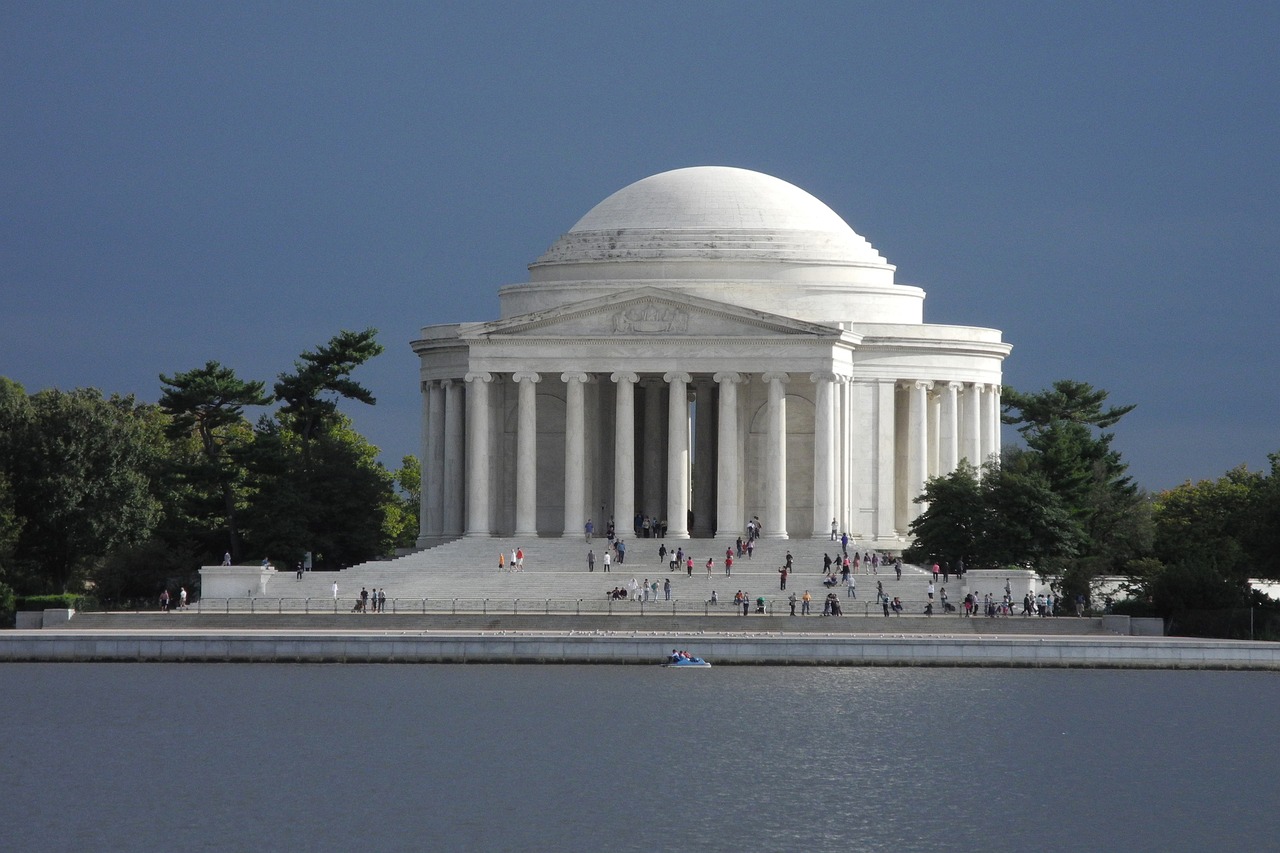
Controversies and Criticisms
Thomas Jefferson, despite his significant contributions to American history, is not without controversy and criticism. One of the most contentious issues surrounding Jefferson is his stance on slavery. While he publicly denounced slavery and advocated for its abolition, he owned hundreds of enslaved individuals throughout his life. This contradiction has sparked debates about the sincerity of his beliefs and the extent of his commitment to equality and freedom.
Additionally, Jefferson's relationship with Sally Hemings, an enslaved woman who bore him several children, has raised questions about power dynamics, consent, and the complexities of race and slavery in early America. The nature of their relationship continues to be a subject of debate among historians and scholars, highlighting the uncomfortable truths of Jefferson's personal life.
Furthermore, Jefferson's views on Native Americans and his policies towards indigenous peoples have been criticized for their role in the displacement and mistreatment of native populations. His expansionist policies, such as the Louisiana Purchase, contributed to the westward expansion of the United States at the expense of Native American land and sovereignty.
Despite his intellectual prowess and political achievements, Thomas Jefferson's legacy is marred by these controversies and criticisms, reminding us of the complexities and contradictions inherent in the history of the United States.
Frequently Asked Questions
- Who was Thomas Jefferson?
Thomas Jefferson was an American statesman, diplomat, lawyer, architect, philosopher, and Founding Father who served as the third President of the United States from 1801 to 1809. He is best known for being the primary author of the Declaration of Independence.
- What role did Thomas Jefferson play in the American Revolution?
Jefferson was a strong advocate for independence from Great Britain and played a significant role in the American Revolution. He served in the Virginia legislature and Continental Congress, where he contributed to the drafting of the Declaration of Independence.
- What were some of Thomas Jefferson's key accomplishments as President?
As President, Jefferson's major accomplishments included the Louisiana Purchase, the Lewis and Clark Expedition, and the establishment of the University of Virginia. He also championed principles of limited government and individual liberties.
- What is Thomas Jefferson's legacy and impact on American history?
Thomas Jefferson's legacy is vast and enduring. He is revered for his contributions to American democracy, his advocacy for religious freedom, and his promotion of education. However, his legacy is also complex due to his ownership of slaves and the contradictions in his beliefs.

